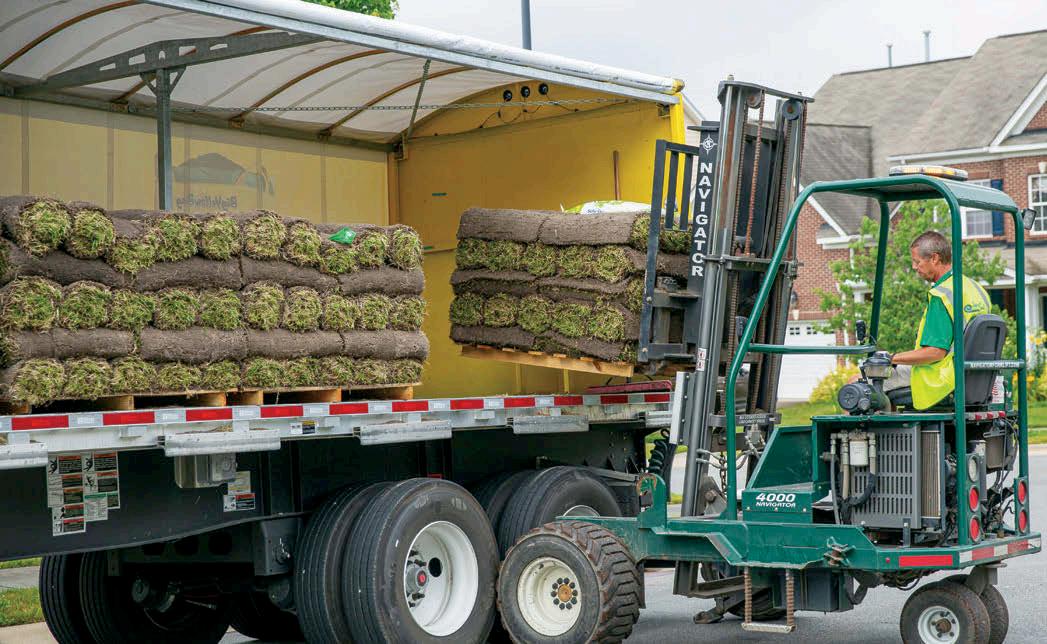
3 minute read
Top 4 Things Investors Must Know When Buying Land
TOP 4 THINGS INVESTORS MUST KNOW
WHEN BUYING LAND
By Ben Crosby
Business land was and continues to be a solid investment on the condition that investors do their homework and ask the right questions before making a decision. Investors should be able to assess the suitability of land for its intended purpose and the financials of the deal.
Suitability of Land 1. Know Your Future Needs
First, investors need to think far ahead in time. They need to avoid land that simply accommodates the needs of today without thinking of what might be required tomorrow. With good management, the business using the land will grow and thrive. That’s why investors need to anticipate this future growth and ask themselves if there is, for example, adjacent land that can accommodate an expansion.
2. Anticipate the Direction of Growth
Second, investors need to think holistically. They need to ponder what is happening or being developed around the area they are considering investing in, what will make development come to that area, and what that development will look like. Smart investors will in any growth area investigate the municipal services direction of growth. Are investments being made in water, sewer, roads, schools, and medical services? Development will follow the direction of the investments in services and utilities.
By way of parenthesis, here are a few numbers to appeal to the imagination: Did you know that in the U.S. more than 50 percent of all land is used in one form or another for food production? And this country covers an area that measures 3,618,780 square miles, but less than 3.5 percent of this land that stretches from sea to shining sea is used for living or working. Everything else is various shades of rural land.
Financials 3. Know Your Tax Shelter Options
When looking at the financials, there are two sides to the business case for buying commercial land. The first part of the financial equation, which is our third point, are the tax benefits investors expect to enjoy. The land itself offers no tax deduction. However, in many states, land that is used in agriculture enjoys a property tax rate that is greatly reduced because the government wants to encourage farmers to grow crops and make sure they stay in business. But while the land itself does not depreciate, the buildings on top of it will.
4. Anticipate the Future Value
The final and fourth point of consideration entails an evaluation of what the value of the coveted land might look like in the future. Covid-19 has impacted the shortterm to mid-term and even long-term prospects of some industries. Investing in business land remains in general a solid proposition, however, this does not necessarily mean that the time is right for any investment in business land right now. Farmland will continue to do well in the short- and long-term for sure. Industrial land might get an uptick from reshoring. The office market is in a quite different place, and the same goes for small retail. Some restaurants will go out of business. Many others will luckily survive, but they might shift business models and put more emphasis on take out, which means they will need less surface space.
Bottom-Line
If investors do their homework, both in terms of assessing the suitability of land for its intended purpose and the financials, real estate—including business land—will continue to be a solid investment. For anyone who owns a business, land should be considered an asset you want to have on your balance sheet. The Land Report https://landreport.com/americas-100-largestlandowners/ tells us who the top 100 U.S. landowners are and they happen to be, not coincidentally, among the richest people in America. Land comes with a capital preservation promise which is very real—no wonder they call it real estate!
Based in Florida, Ben Crosby is Managing Broker of National Land Realty. The company’s proprietary video technology, Land Tour 360™, as well as its GIS land mapping system, LandBase™, is offered for free to the public. For more information, visit www.nationalland.com.







